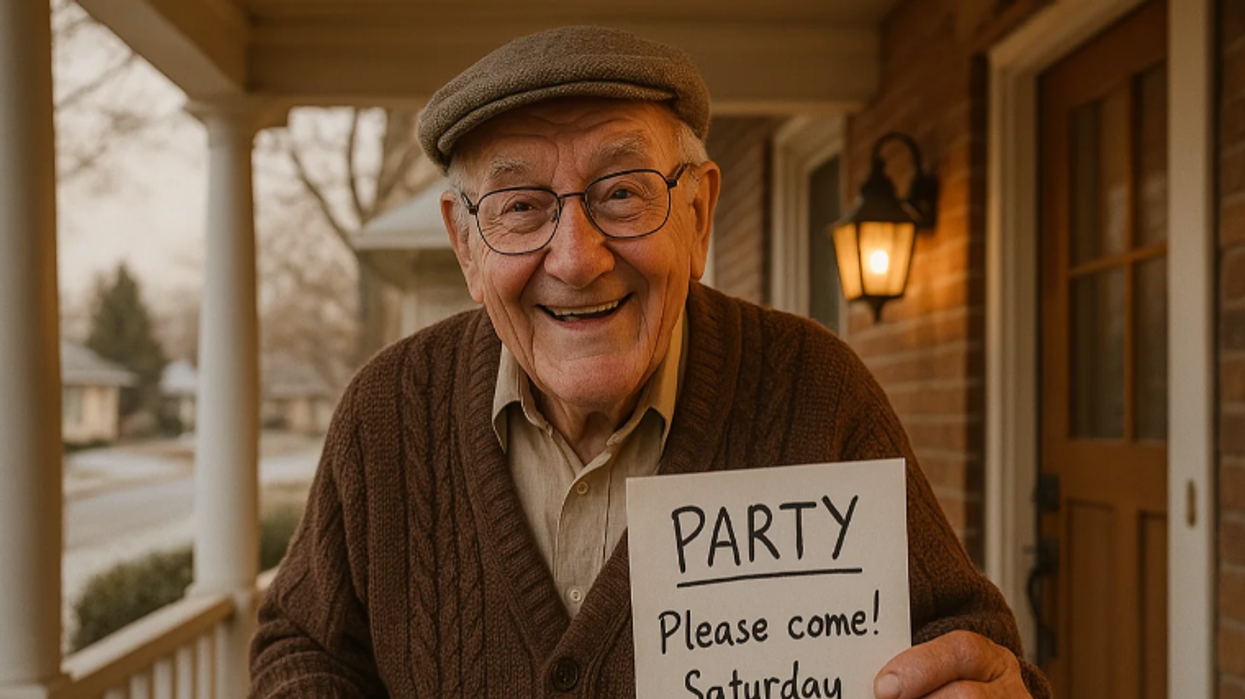Choosing adoption is never easy. It’s a decision filled with love, sacrifice, and hope for a better future. When Schauna Austin gave birth to her son at 20 years old, she made the difficult choice to place him for adoption. But thanks to the openness of his adoptive parents, she remained an important part of his life, proving that family isn't just about biology—it’s about love.
A mother’s love, even from afar
After giving birth, Austin named her son Riley and treasured every moment she had with him before saying goodbye. She held him close for 72 hours straight, making sure to soak up every precious second.
"I didn't sleep for three days."
— Schauna Austin
After those fleeting days, Riley was adopted by another family, who named him Steven. In most closed adoptions, birth parents and adoptive parents remain strangers to one another, their identities kept confidential. But Steven’s adoptive family had a different idea.
A family with room for love
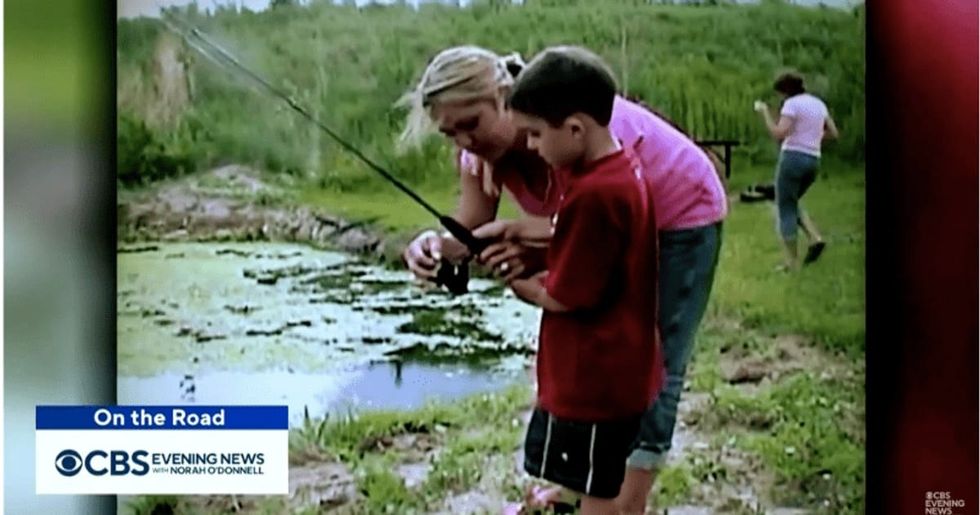
Steven’s adoptive mother, Jennifer Schoebinger, saw no reason to keep Austin out of their son’s life. She and her husband, Chris Schoebinger, believed that love only grows when shared.
"You can't have too many people loving you, right?"
— Jennifer Schoebinger
From the very beginning, the Schoebingers made sure Austin remained connected. They sent her stacks of photos and created bound books every year documenting Steven’s life—the big moments and the little ones. They wanted Austin to know her son’s story so that if and when the time came, they could pick up right where they left off.
A lifelong bond
When Steven turned 7 years old, his parents felt the time was right for him to meet his birth mother. From that moment on, he and Austin formed a special bond.
Austin became more than just a biological connection—she became someone he made memories with. She even taught him how to fish, a tradition they continue to this day.
"I was blessed beyond words."
— Schauna Austin
Steven, now 26 years old, looks back on his unique upbringing with gratitude.
"I kind of got the best of both worlds, for sure," he said.
Now married and a father himself, Steven paid tribute to the woman who gave him life in a deeply meaningful way: He named his own child Riley, the name Austin had originally given him at birth.
Chris Schoebinger reflected on what this journey had taught their family.
"Sometimes we create barriers where barriers don't need to be."
— Chris Schoebinger
Another remarkable reunion
Stories like Austin’s show the power of love and openness in adoption, and she’s not alone. Deanna Shrodes, an ordained minister who was adopted as a baby, searched for her biological father for decades.
At 27 years old, she reconnected with her birth mother, Sally King, and they built a close relationship. But when King passed away in 2019, she left one secret unspoken—Shrodes' father’s identity.
Determined to find him, Shrodes took matters into her own hands. She knew only two things: He was Greek, and he was from Richmond, Virginia. She joined multiple DNA registries and even created a Facebook group dedicated to tracking him down.
Finally, in May of this year, a DNA match led her to a cousin she never knew. That cousin gave her the answer she had been searching for: Her father was Gus Nicholas, a 92-year-old man living in a nursing home.
When Shrodes finally met him, they shared an instant connection. Now, she visits him regularly, making up for lost time and ensuring he feels loved in his final years.
The power of love in adoption
Adoption stories are often filled with loss, but they can also be filled with love. Schauna Austin’s journey proves that family isn’t defined by legal papers—it's defined by the love we choose to share. Thanks to the Schoebingers’ open hearts, Austin never had to wonder if her son was loved. She knew.
And Steven? He got to grow up surrounded by that love, from both the family who raised him and the mother who gave him life.
His story, like Shrodes’, reminds us that sometimes, the best families aren’t just the ones we’re born into—they're the ones who make room for love in all its forms.





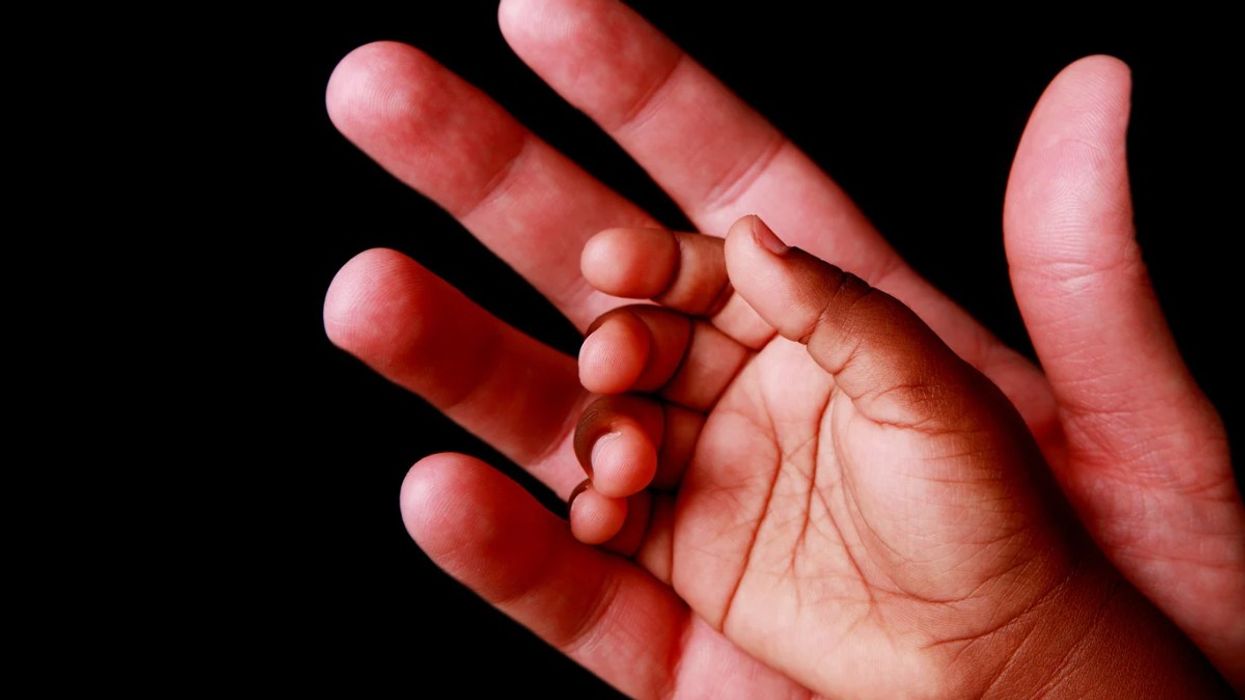





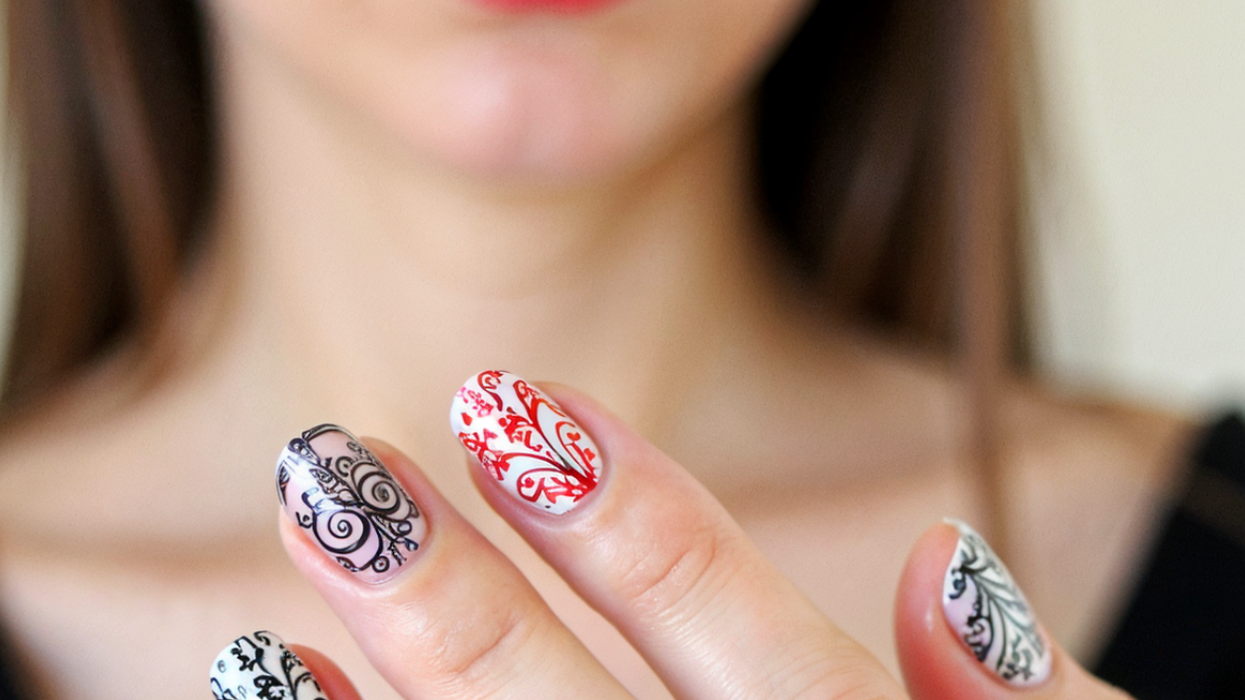

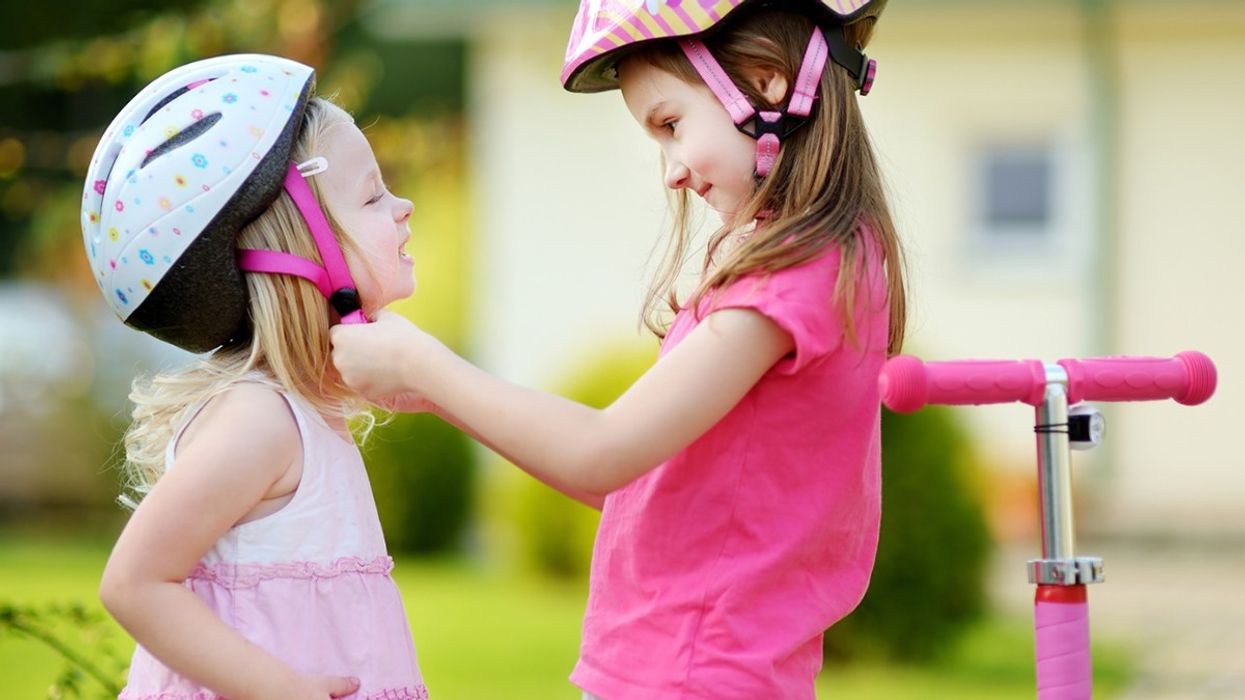











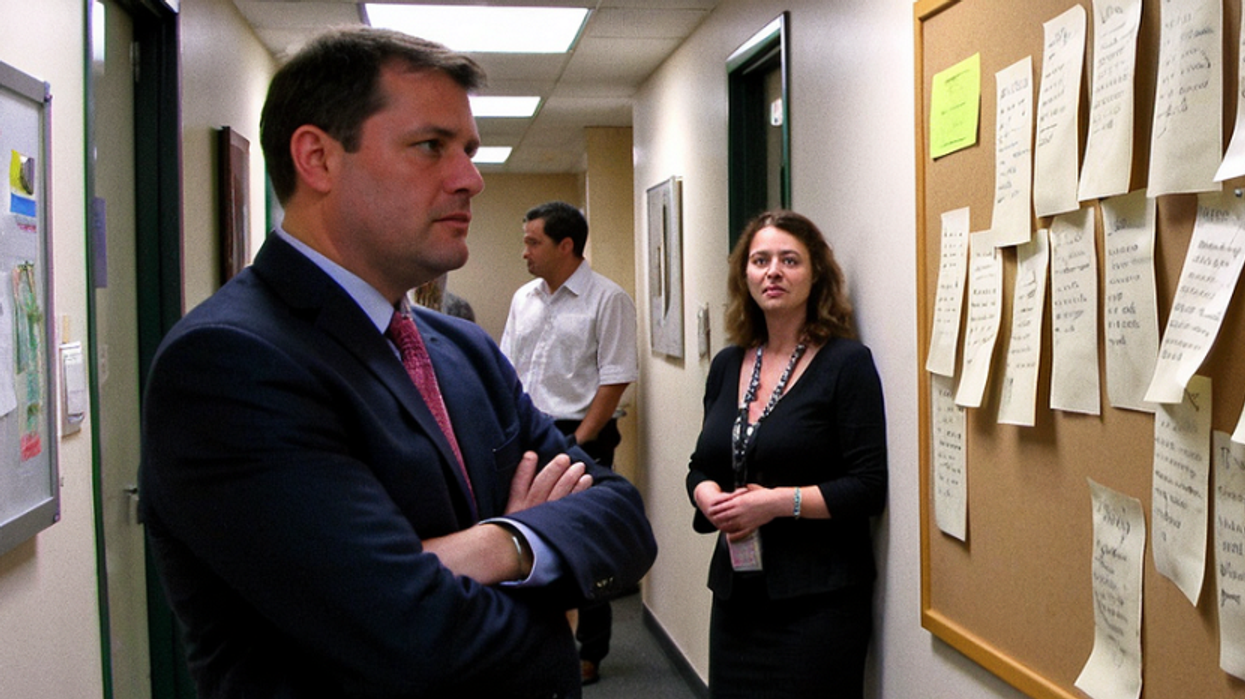
 Image Source: Joshua Potash | Reddit
Image Source: Joshua Potash | Reddit 

